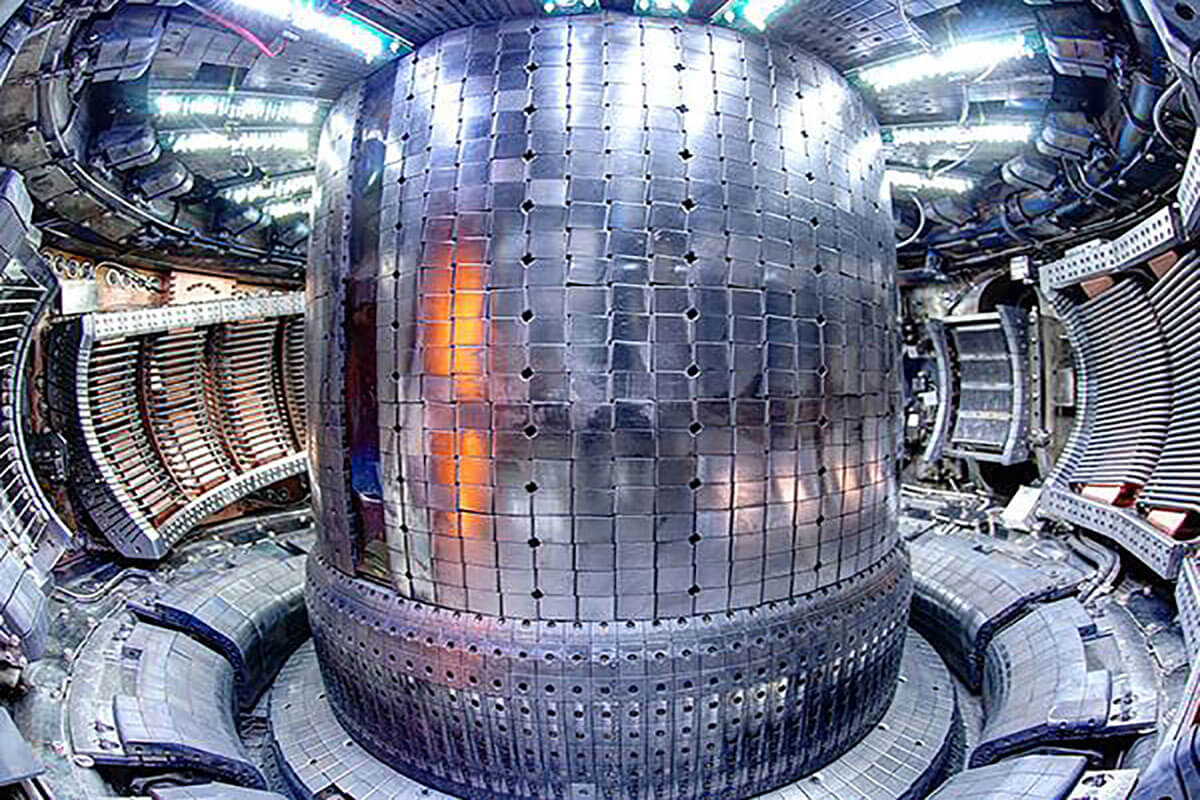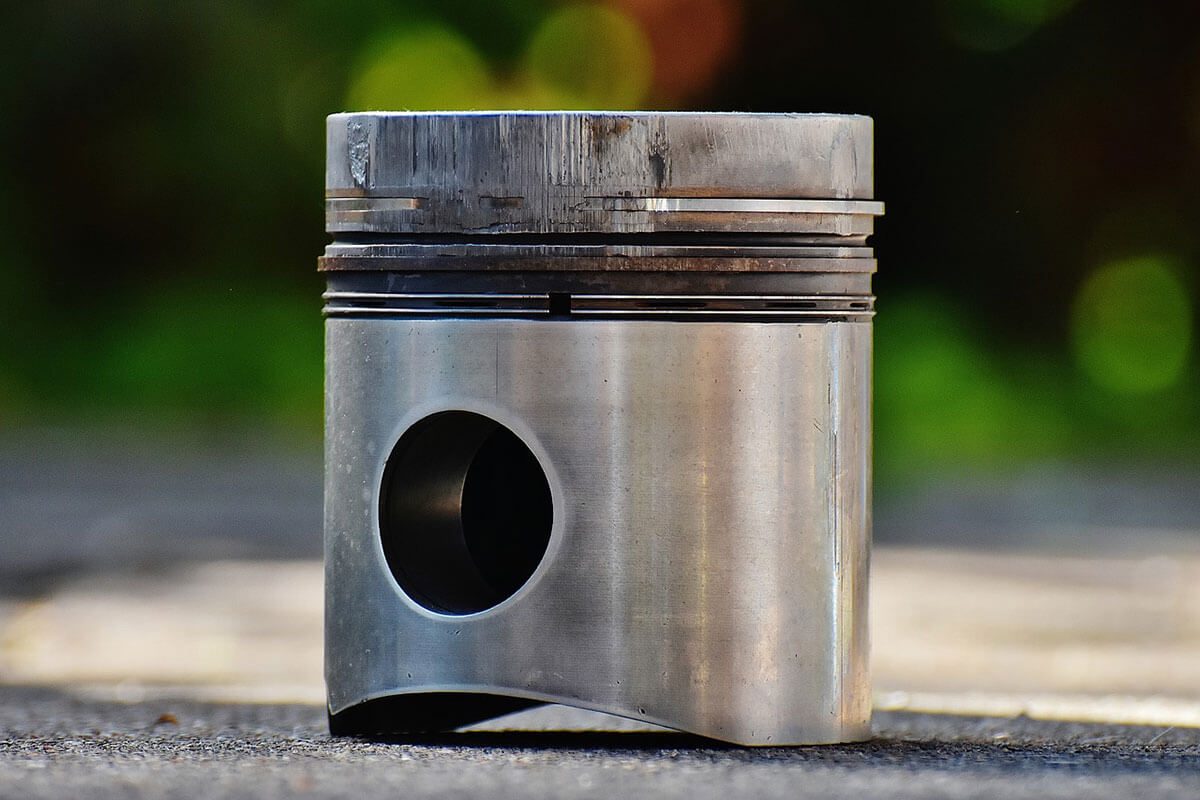MIT Creates a Hybrid Engine for Truckers

Conventional diesel trucks continue to dominate the short-haul and long-haul routes of the trucking industry, but innovative developments from researchers and companies alike are beginning to challenge this standard. Aside from the long-anticipated electric Tesla semi-truck that is finally set to go into production in 2020, other advancements are also being made by the likes of researchers at MIT.
What's Happening at PFSC?
MIT’s Energy Initiative and Plasma Fusion and Science Center (PFSC) has seen a group of researchers develop a possible solution to the problems conventional trucks face. Battery-powered heavy-duty trucks obviously emit lower amounts of greenhouse gas and polluting particulates compared to their conventional diesel counterparts, but this has always come with tradeoffs–like the fact that large battery units reduce a battery-powered truck’s revenue-earning payload.
Researchers are now working on a new solution, one that uses a plug-in hybrid engine systemwhich transitions a traditional long-haul rig to an electric power setup. This system overcomes the weight problem of all-battery power and the concept engine is proving to be substantially cheaper than a traditional diesel unit. Plus, it performs just as well under standard operating conditions.

What Does This Mean for Electric Trucks?
It was in 2017 when Tesla first announced their groundbreaking all-electric semi. Since then, the deadline for production slipped by as Tesla shifted focus to fix problems, they were facing with their consumer models. However, it was recently brought up again, and Tesla says that the semi should go into production in 2020. Walmart and United Parcel Service (UPS) are among some of the first customers waiting in line for the futuristic semi-trucks Tesla is looking to release. However, Tesla isn’t alone.
Volvo, Daimler, and other manufacturers have also begun working to eliminate the internal combustion engine for their long-haul models. But all of them have been facing the same issue: powering an 18-wheeler on electricity alone requires hefty batteries. That takes away from a truck’s profitability every time, with the battery packs generally weighing between 10 and 15 tons for a single truck. Limited infrastructure and other problems have also halted innovation, and that’s why the work of these researchers is so exciting.

Researchers Call It An "Interim Solution"
The thing with battery powered semis is that they are completely possible, but they are not yet plausible according to most experts. While many companies are working rapidly to develop lighter weight batteries that keep electric trucks profitable, most agree it will be many years before a viable battery unit to power heavy-duty trucks is available to the mass market. That’s why the researchers at MIT are calling their hybrid engine an interim solution that can help with the transition from diesel trucks to emission-free machines.
The hybrid engine designed at PFSC will be able to charge an onboard battery, thus reducing emissions and offering a cleaner solution that is achievable with today’s infrastructure and technology. The new engine will run on methanol, ethanol, gasoline, or a blend of these fuels. With gasoline technology now being comparable to the cost and performance of diesel, and with it having much lower NOx emissions, this is a smart route the researchers took.
The hybrid design also utilizes a cleaner spark ignition compared to a diesel’s compression ignition. That means they will run with just the perfect amount of air required to combust the fuel and they’re also able to take advantage of the much more efficient catalytic converters and avoid the exhaust cleaning systems used in a diesel. The researchers estimate that the new engine will put out just 1/10 of the air pollution of a conventional 18-wheeler.
The hybrid powertrain is also lighter and cheaper, cutting the cost of the truck by up to $20,000 on its own. This, combined with its higher propensity to comply with increasing emissions standards, is making it an exciting and feasible option. For now, though, the researchers are still in the beginning stages of release. David Correll, a Research Scientist at MIT, is looking into the utilization of trucks as part of the on-going research currently underway at the FreightLab of MIT.
Stay In-the-Know
Want to stay up-to-date with all the latest trucking industry news? Signup for the Suppose U Drive newsletter by clicking here.

